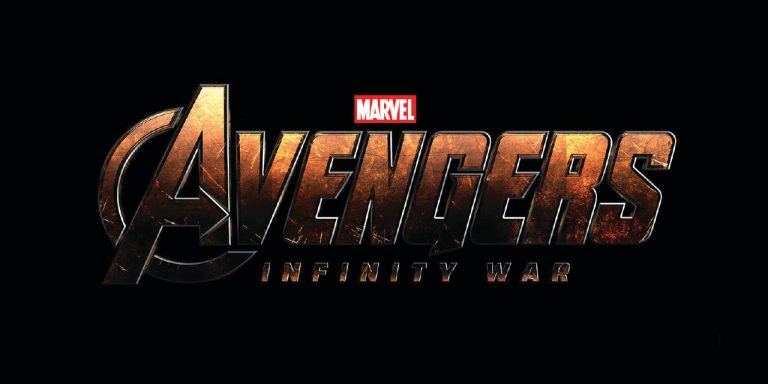
Annette Ding
Staff Writer
Almost 10 years since the day Marvel Studios introduced “Iron Man,” “Infinity War” hit theaters as a quasi-conclusion to the Avengers franchise. Released on April 27, the film has raked in $1 billion in a record breaking span of 11 days.
The Marvel brand has consistently churned out fan-favorite movies with quality casts. However, some criticize the franchise’s limitations in conveying “emotional nuance and cinematic lyricism.” “Infinity War” satisfyingly challenges those limits.
Outfitted with a drool-worthy leading and supporting cast — Robert Downey Jr. as Iron Man, Zoe Saldana as Gamora, and Chadwick Boseman as Black Panther, just to name a few — “Infinity War” has much to live up to.
Unfortunately, the massive scale of the cross-over narrative, encompassing twenty-three superheroes, led to the underdevelopment of quite a few characters. Luckily, producers managed to find screen time for most of our favorites.
In particular, Tom Holland delivers an improvised, heart-tugging performance as Spider Man in the film’s finale. Chris Hemsworth, playing Thor, also comes through with vengeance in an explosive encounter with Thanos, the Mad Titan.
“Infinity War” strikes a refreshingly mature tone for a blockbuster, delivering a more complex and emotional cinematic experience than the usual Marvel fare. The key to its success? Death. And “Infinity War” pulls no punches.
From the onset, “Infinity War” has viewers at the edge of their seats. Picking up shortly after where “Thor: Ragnarok” left off, the film opens with an early win for Thanos who, armed with a gauntlet that allows him to weaponize the infinity stones, has managed to obtain both the power and space infinity stones.
After defeating Thor and his party, Thanos sets out to collect the other four stones in order to commit universal genocide. This crisis compels different groupings of Marvel heroes to quickly converge.
One of the first cross-narrative encounters is between Marvel’s two biggest egos, Iron Man and Dr. Strange. The contrast between their open disdain for each other and the striking similarity of the two brunette superheroes convey an ironic sense of humor.
A similar hilarity occurs when Quill confronts a fellow good-natured, blonde-bearded superhero, Thor. Quill’s insecurity is piqued by his teammates’ open admiration of Thor’s inert form, particularly his muscles.
Laughing points such as these provide well-timed bouts of comic relief throughout the relentlessly intense progression of the film, complementing the heavier content.
Furthermore, “Infinity War” tackles a major question that plagues the darker side of heroism: what is one life, even one you love, in the face of many?
In the previous Marvel films, no hero has been pushed quite so far. The appeal of “Infinity War” is that it goes the distance and follows through with at least one irreversible death.
But it is not just the heroes who are presented with the above dilemma. “Every villain is a hero in their own story,” said director Joe Russo during a visit in Iowa. This statement finds its full realization in Thanos.
Following the same pattern as Killmonger’s backstory in Marvel’s most recent critical success, “Black Panther,” Thanos’s background partially justifies his horrific plans with a degree of humanity.
Having witnessed the demise of his home planet under the weight of overpopulation, Thanos aims to mercifully spare the universe from experiencing his suffering. The success of previous planetary invasions in allowing dying civilizations to thrive bolsters Thanos’s conviction that he is doing the noble thing in committing universal genocide.
Going one step further, “Infinity War” brings Thanos and Gamora’s father-daughter relationship to the forefront, laying on another dimension of sympathy to Thanos’s character.
While he is certainly no hero, the emotional parallel between Thanos and the protagonists creates a more grounded, complex iniquity than those shown in a majority of Marvel villains.
Viewers tired of watching their beloved superheroes succeed time and time again will be happy to witness their desperation as they face the inevitable reality of saving lives. Sometimes, you can’t save them all.










